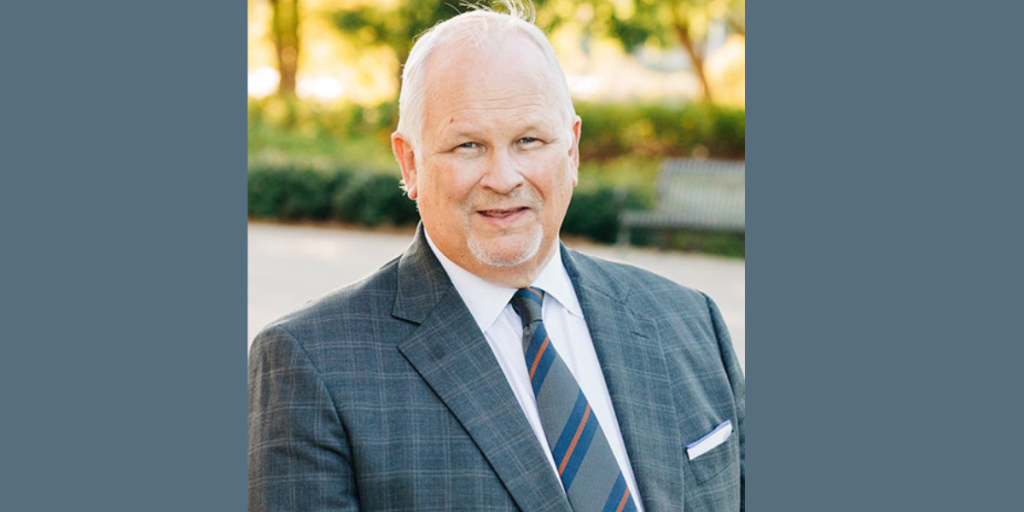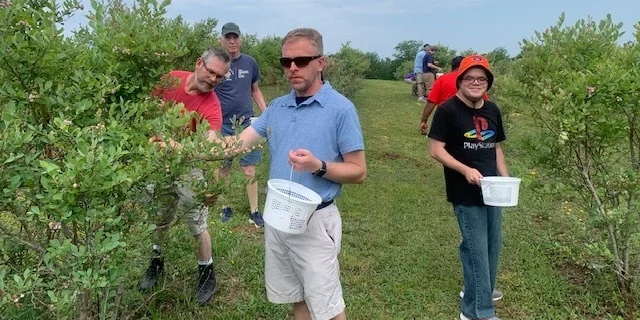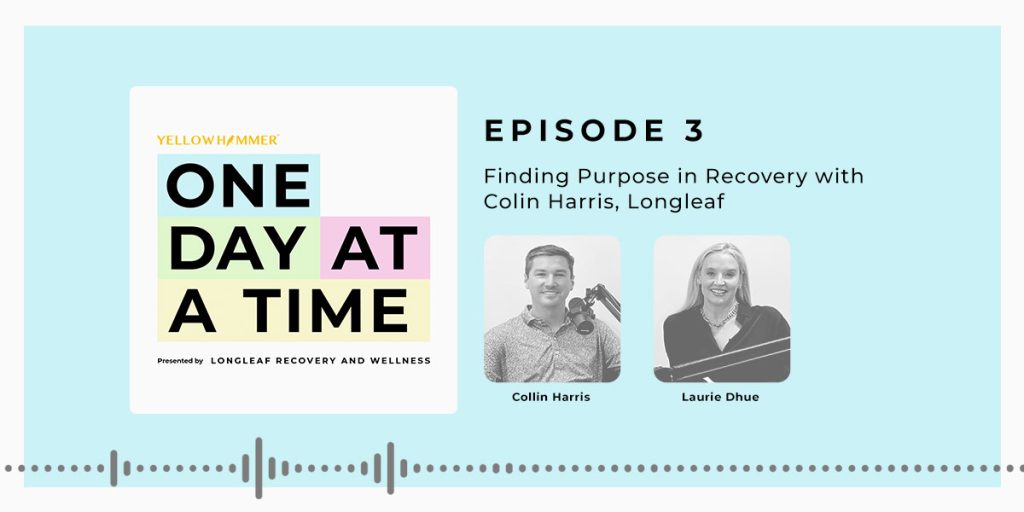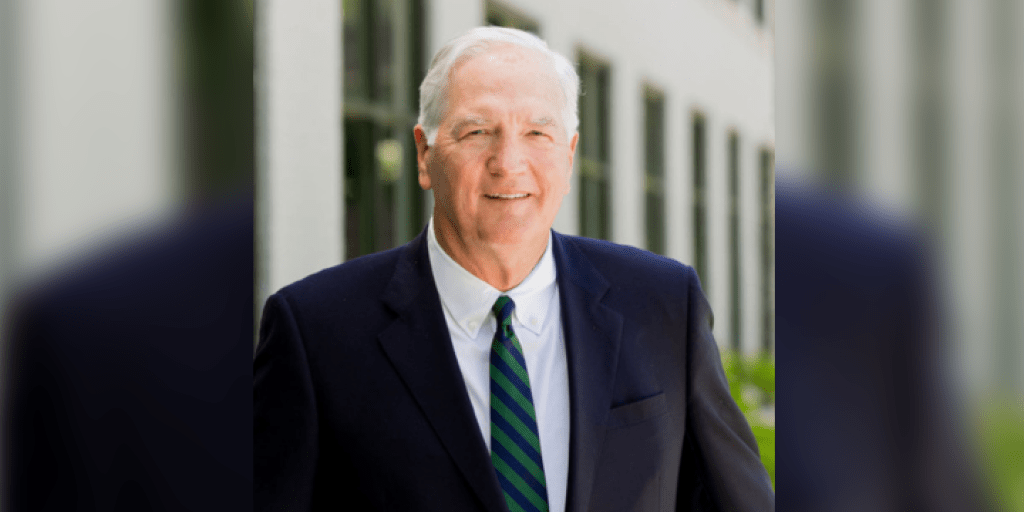When Rebecca Denson and her husband, Clint, launched Sachai Tea Co., the idea of improving their community, and the world, were key components of their business plan.
The same is true for Chris Sims and his partners at CAVU, a virtual career- and business-development company.
The like-minded companies are among the first in Alabama to seek and secure “benefit corporation” status – a newly approved structure for businesses that want to “do good by doing well,” as Sims describes it.
“We were definitely drawn to it,” said Rebecca Denson, whose company reorganized to become a benefit corporation.
“Impact is a big part of who we are,” added Denson, whose Birmingham-based company imports sustainably sourced tea from small growers in India. The tea is sold directly to consumers but is also used to produce a shelf-stable chai concentrate for the retail and wholesale markets.
Sachai Tea is looking toward opening an incubator kitchen in the Birmingham area – a place where food entrepreneurs, especially those from minority and under-resourced communities, can develop products and build their businesses.
“Basically, we have multiple bottom lines,” said Denson, who grew up in South India. She and her husband, who grew up in Mississippi, and their children now live in the under-resourced Titusville area of Birmingham. She envisions her business growing to provide opportunities for people in the neighborhood and, hopefully, inspiring other businesses to locate in the area.
“It’s not just about profit; it’s about impact,” Denson said. “It’s about education; it’s about culture.”
Going the benefit corporation route, she added, “was an opportunity to be part of an effort, to be the encouragement, to bring change to the marketplace.”
Sims and his investors at Birmingham-based CAVU have a similar worldview, albeit in a very different industry. CAVU brings early-career individuals together with experienced business leaders for virtual training focused on business development and scaling, and mastering digital business-development platforms. The name is an aviation slang acronym for “ceiling and visibility unlimited.”
A new business that recently spun off from another Birmingham startup, CAVU was, from the start, a benefit corporation.
Sims said CAVU’s business model, like Sachai Tea’s, goes beyond the traditional bottom line. Its mission centers on providing educational opportunities at low or no cost to, among others, people of color and from the LGBTQ community who have limited incomes and may not otherwise have access to CAVU’s tools and expertise.
“We want to find those people and give them a path to build high-paying careers,” Sims said.
“We didn’t want to go the nonprofit route because we’re not afraid to make money,” Sims explained. “On the other hand, we didn’t want profit to overshadow our desire to support community.”
Sims said CAVU works with local nonprofits and other partners to seek out and provide training to people of limited means, as well as offer a variety of services to clients who don’t face the same challenges. “What’s most important for us at CAVU is to help people build great careers and great companies.”
Alabama is the 38th state to allow benefit corporations. The Alabama Legislature approved the benefit corporation structure in 2020, with support from Alabama Power and other interested individuals and organizations.
A benefit corporation is a for-profit enterprise “guided by both mission and profit. The company is beholden to shareholders to produce financial results while also providing a public benefit,” according to the Alabama Benefit Corporation Association (ABCA), a new organization created to help educate people and businesses in the state about advantages of benefit corporations.
Hallie Bradley is with the nonprofit Alabama Power Foundation, which is working with the ABCA to spread the word about benefit corporations. So far, more than 400 individuals, businesses and organizations have received information, and more than a dozen companies are in the pipeline for becoming benefit corporations. The ongoing outreach effort by the foundation has drawn attention in national media.
Bradley said many startups and younger entrepreneurs find the benefit corporation structure attractive because of their interest in succeeding financially and making a positive impact on their communities.
Research supported by the foundation suggests that benefit corporations could be a good fit for many women and minority entrepreneurs in the state. Growing those businesses – which have sometimes struggled to compete – and helping create more of them could over time have a significant, positive impact on Alabama’s economy, according to ongoing research by the University of Alabama and partners, with support from the Alabama Power Foundation.
Sims said going the benefit corporation route from the outset was intentional. He said the founders wanted the company’s goal of supporting disadvantaged people in the community to be clear from the beginning, so it could attract investors with a similar mindset.
“It’s setting a line in the sand, saying we do things different,” Sims said. He said CAVU is growing swiftly; during the past year it has trained more than 1,000 people and is adding 40 to 50 learners a week across the globe.
Indeed, Sims and Denson said they intend to actively support efforts to expand the number of benefit corporations in Alabama. They are looking at steps beyond benefit corporation status.
In addition to the benefit corporation legal structure within Alabama, companies can become certified B Corps through an independent certification process. A number of well-known global brands, from Ben & Jerry’s ice cream to Tom’s of Maine, Warby Parker and Patagonia, along with scores of smaller companies, have become certified B Corps.
“I’m born and raised in Alabama,” Sims said. “I want to see Alabama grow and improve.
“To be a benefit corporation means you can do good by doing well,” Sims added. “They don’t have to be separate. You can create a great, wonderful company, you can do phenomenally well – and make the world better.”
(Courtesy of Alabama NewsCenter)













